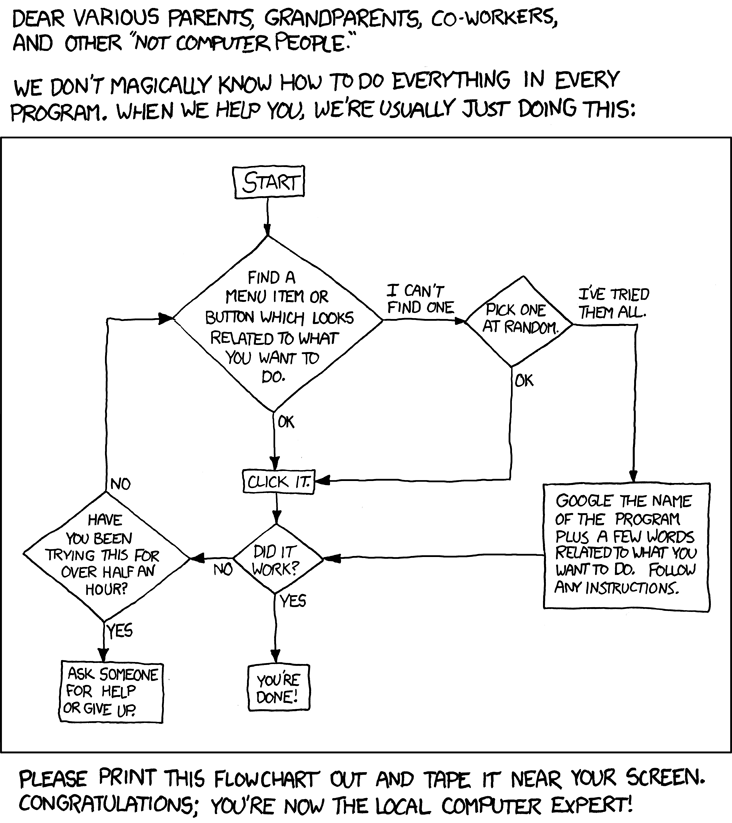Technology is an easy field to be in, if you want to get behind. The odds are that softwares five years from now will be done on technologies not invented yet, programming languages not yet written, and will run on hardware not even thought of yet. This is what makes this field so exciting to me.
No matter what you do, you cannot predict what the top gun would be 5 years from now, effectively making your knowledge redundant, or so it would appear on face. But no, as long as you keep yourself from being restricted to a single piece of technology, you can fix this.
Keep on top of happenings. It is not necessary to try everything out. Stable applications require stable technologies. I'm not asking you to jump on top of every brandwagon that comes along. But it won't hurt to keep a ticket handy, just in case. The least you could do is remain aware of them. Research them a bit, possibly, and never, ever let the fear of learning a programming language get to you.
This is not just true about technologies, but also about applications. I was one of the early adopters of Dropbox, and hundreds other startups since then. Join an amazing group of people. Become a critique. Make your own opinions, and hate a few things.
And offer feedback. If I like a product, I am one of the first people to send off a thank you note. Offer sincere feedback. Let them know of your expectations, and what you'd like the product to become. If they refuse, spin your own!
As a penetration-tester, I've found lots of xss vulnerabilities on new products. This is one way I get to learn stuff. Report them responsibly.
A lot of this is opinionated advice, so please take it with a pinch of salt.

